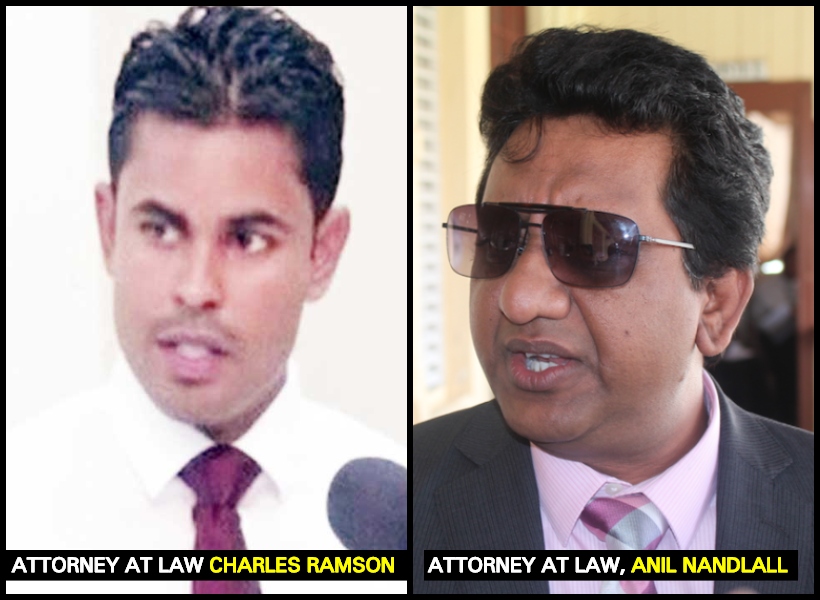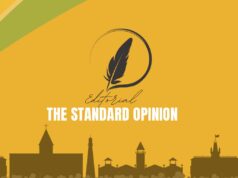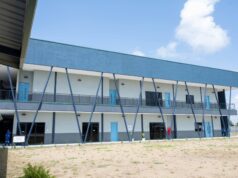Lawyers with close ties to the People’s Progressive Party — Charles Ramson and Anil Nandlall — have expressed their legal opinions that the Order made by the Guyana Elections Commission (GECOM) for the commencement of house-to-house registration tomorrow has been made void upon the ruling of the Caribbean Court of Justice (CCJ) that the December 21, 2018 no-confidence motion was properly passed.
While Ramson and Nandlall, in their arguments put forward to Guyana Standard, both agreed that the constitution is supreme and it trumps any other law or Order, the two lawyers presented different points.
Ramson, keeping his say to the point, said that in law, Orders are just like regulations, rules, or proclamations which are just subsidiary legislation/laws.
He said that Article 8 of the Constitution says that the Constitution is the supreme law of Guyana and any other law which is inconsistent with the Constitution is void (not legal or enforceable).
Ramson told Guyana Standard that the Order to commence house-to-house registration does not harmonise with the current mandate of GECOM, which is to prepare for elections in keeping with what the Constitution prescribes in the event of the passage of a no-confidence motion.
Speaking to Guyana Standard in more detail, Nandlall recalled that the CCJ joined GECOM in the no-confidence motion cases specifically because it wanted GECOM to be directly bound by all Orders it will make, recognising GECOM’s pivotal role in the electoral process.
Nandlall noted several orders made by the court regarding the no-confidence motion.
Nandlall referenced, “…[If] upon the passage of this motion of no-confidence in the Government, the clear provisions of Article 106, IMMEDIATELY BECAME ENGAGED.”
He said too that speaking on the provisions of Article 106 of the Constitution of Guyana, the Court said, “Their meaning is clear and it is the responsibility of constitutional actors in Guyana to honour them. Upon the passage of a vote of no-confidence, the Article requires the resignation of the Cabinet, including the President. The Article goes on to state, among other things, that notwithstanding such resignation, the Government shall remain in office and that an election will be held ‘within 3 months’ or such longer period that the National Assembly by resolution supported by not less than two-thirds of the votes of all elected members of the National Assembly…'”
The court said too, “The Guyana Elections Commission has that responsibility to conduct elections and GECOM too MUST abide by the provisions of the Constitution. Given the passage of the no-confidence motion on December 21, 2018, a general election should have been held in Guyana by March 21, 2019, unless a two-thirds majority in the National Assembly had resolved to extend that period. The National Assembly is yet to extend the period. The filing of the court proceedings in January challenging the validity of the no-confidence vote effectively placed matters on pause, but this Court rendered its decision on June 18, 2019. There is no appeal from that judgment.”
The Court further exhorted that the relevant political actors be guided by constitutional imperatives and expressed the hope that these “bodies and personages will exercise their responsibilities with integrity and in keeping with the unambiguous provisions of the Constitution bearing in mind that the no-confidence motion was validly passed as long ago as 21 December 2018.” Again, at paragraph (8) of the judgment, the CCJ reiterates for emphasis, “the three-month deadline…for the holding of fresh elections.”











